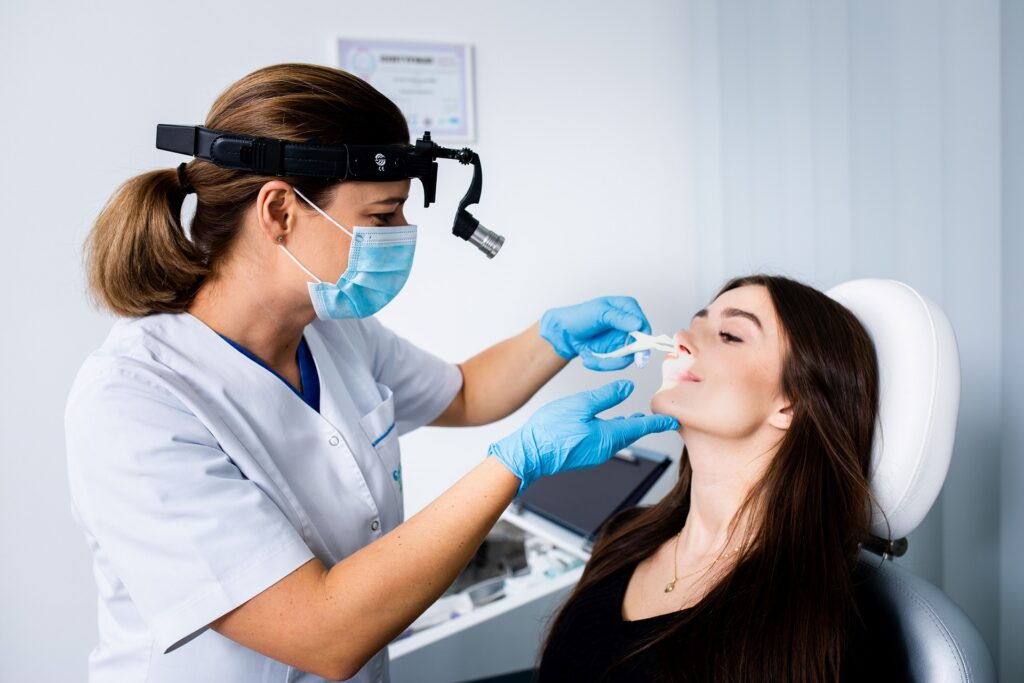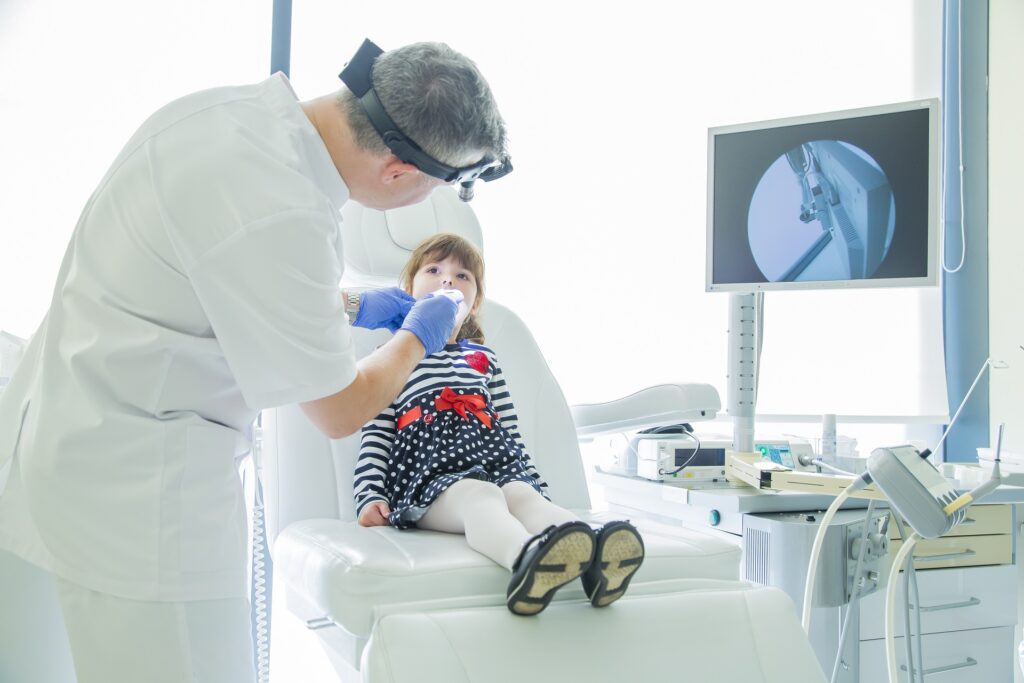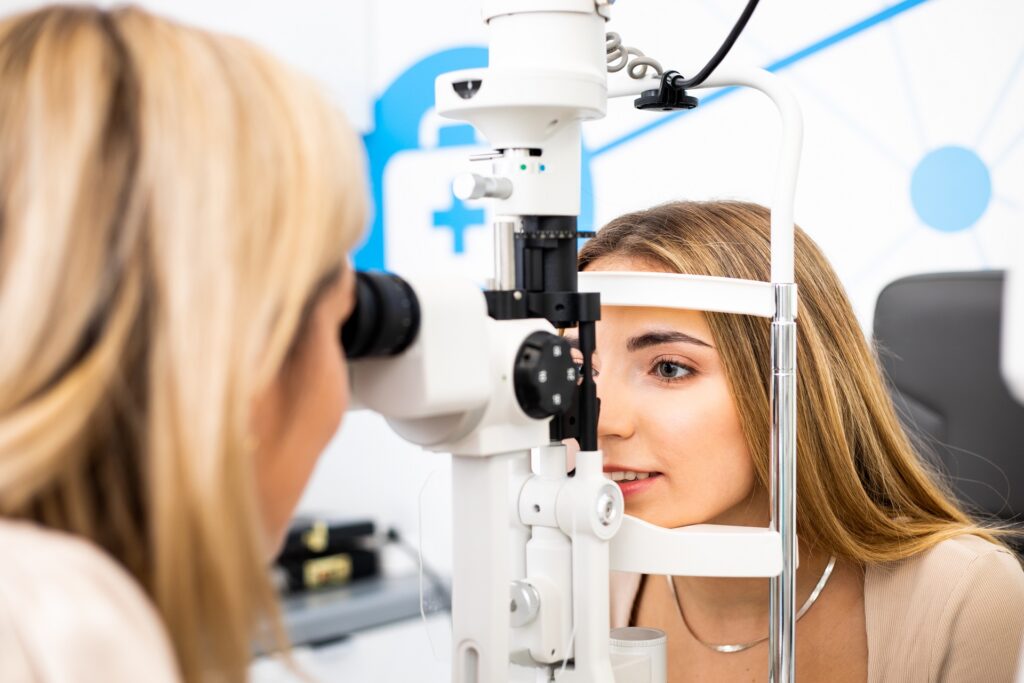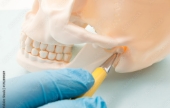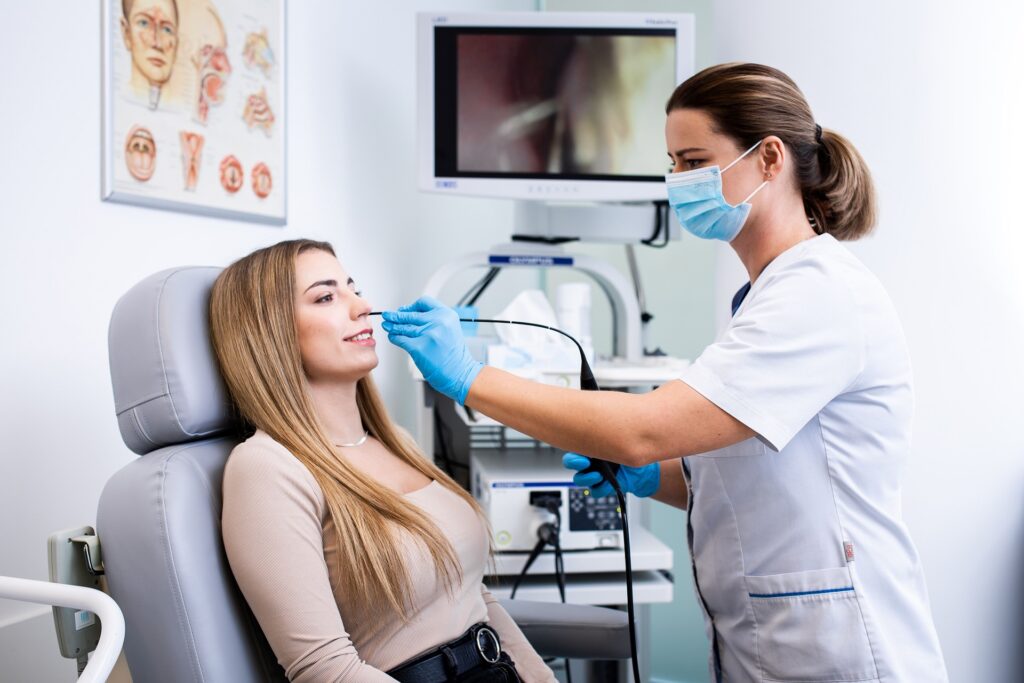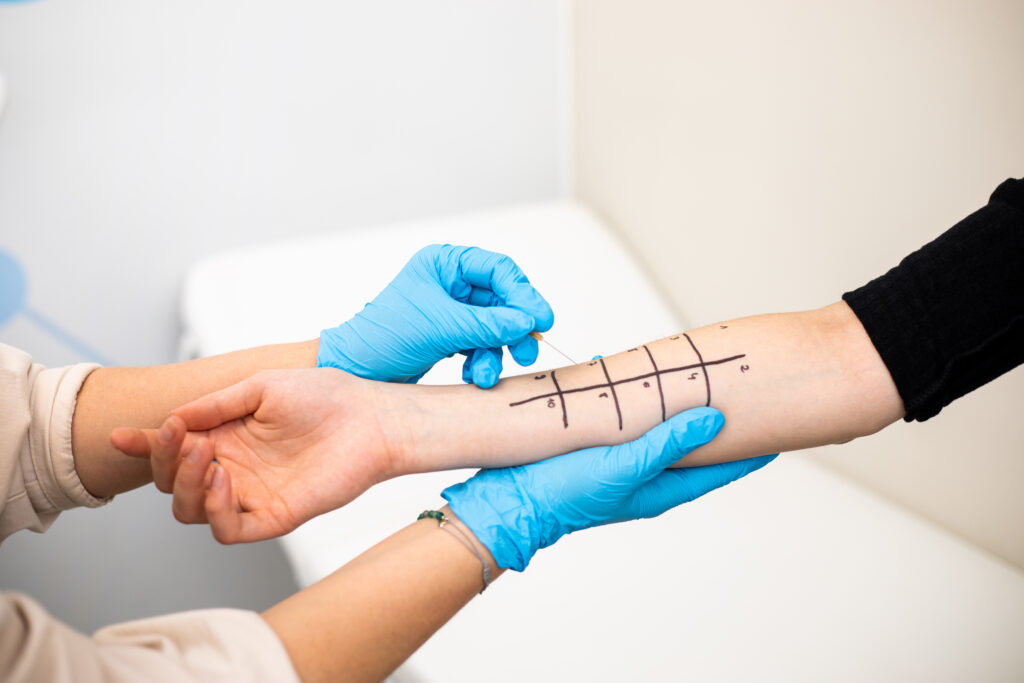Chronic sinusitis very often accompanies allergic rhinitis and, in many cases, bronchial asthma. It is also worth noting that in 30% of patients, allergic rhinitis is one of the causes of snoring and obstructive sleep apnea. Our allergy clinic addresses the needs of these patients by providing comprehensive diagnosis and treatment of sleep disorders and chronic sinusitis associated with respiratory allergies. At the clinic we offer patients full diagnostics and treatment of both seasonal and year-round allergic rhinitis and sinusitis, as well as other forms of respiratory allergies.
The diagnosis of allergic rhinitis and sinusitis includes:
- skin prick tests with inhalant and food allergens,
- total serum IgE concentration,
- serum specific IgE (sIgE) levels for specific food and inhalant allergens,
- rhinomanometry – objective evaluation of nasal patency.
- Faber test (244 components)
- Polycheck test (panels: inhalant, digestive, recombinant, pollen as well as milk and gluten)
We test adults and children over the age of 6.

Before undergoing tests stop taking the following medications:
- 14 days before the test: ketotifen;
- 10-14 days before the test: second- and third-generation antihistamines (i.e., hydroxyzine, cetirizine, levocetirizine, loratadine, desloratadine, fexofenadine, bilastin, rupatadine);
- 7 days before the test: antileukotriene drugs (Zafirlukast, Montelukast);
- 7 days before the test: ointments containing glycocorticosteroids and calcineurin inhibitors;
- 4-5 days before the test: first generation antihistamines (e.g. Clemastin, Diphergan) as well as calcium, vitamin C and rutin preparations;
- 4-5 days before the test: diphenhydramine, which is included in many preparations available without a prescription;
- 4-5 days before the test: systemic glycocorticosteroids;
- 2 days before the test: pain medications;
- 2 days before the test: drugs containing codeine;
Medications that can be taken because they do not affect the skin’s reaction to allergens are inhaled medications used to treat asthma and intranasal glycocorticosteroids used to treat allergic rhinitis. The exception to this is Flixonase nasule, which should be discontinued 4-5 days before the test.
Skin tests are usually repeated every one to two years, especially when new allergens are suspected.
It is not necessary to discontinue anti-allergy drugs before blood is drawn to determine total serum IgE and specific IgE levels to specific inhalant and food allergens.


